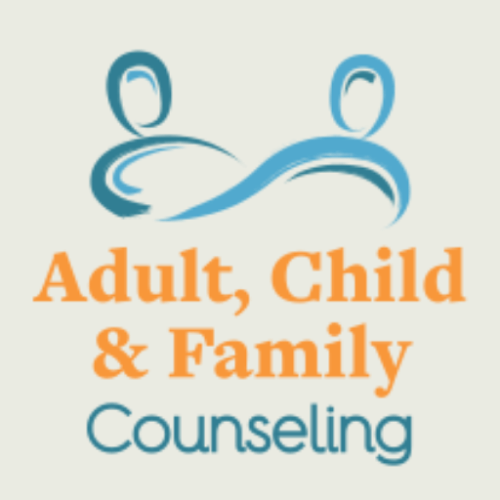Depression Therapy in Wichita, KS
Symptoms caused by major depression can vary from person to person. To clarify the type of depression you have, your therapist may add one or more specifiers. A specifier means that you have depression with specific features, such as:
- Anxious distress — depression with unusual restlessness or worry about possible events or loss of control.
- Mixed features — simultaneous depression and mania, which includes elevated self-esteem, talking too much and increased energy.
- Melancholic features — severe depression with lack of response to something that used to bring pleasure and associated with early morning awakening, worsened mood in the morning, major changes in appetite, and feelings of guilt, agitation or sluggishness.
- Atypical features — depression that includes the ability to temporarily be cheered by happy events, increased appetite, excessive need for sleep, sensitivity to rejection, and a heavy feeling in the arms or legs.
- Psychotic features — depression accompanied by delusions or hallucinations, which may involve personal inadequacy or other negative themes.
- Catatonia — depression that includes motor activity that involves either uncontrollable and purposeless movement or fixed and inflexible posture.
- Peripartum onset — depression that occurs during pregnancy or in the weeks or months after delivery (postpartum).
- Seasonal pattern — depression related to changes in seasons and reduced exposure to sunlight.
Disorders Which Cause Depression Symptoms
Several other disorders, such as those below, include depression as a symptom. It’s important to get an accurate diagnosis, so you can get appropriate treatment.
- Bipolar I and II disorders. These mood disorders include mood swings that range from highs (mania) to lows (depression). It’s sometimes difficult to distinguish between bipolar disorder and depression.
- Cyclothymic disorder. Cyclothymic disorder involves highs and lows that are milder than those of bipolar disorder.
- Disruptive mood dysregulation disorder. This mood disorder in children includes chronic and severe irritability and anger with frequent extreme temper outbursts. This disorder typically develops into depressive disorder or anxiety disorder during the teen years or adulthood.
- Persistent depressive disorder. Sometimes called dysthymia, this is a less severe but more chronic form of depression. While it’s usually not disabling, persistent depressive disorder can prevent you from functioning normally in your daily routine and from living life to its fullest.
- Premenstrual dysphoric disorder. This involves depression symptoms associated with hormone changes that begin a week before and improve within a few days after the onset of your period, and are minimal or gone after completion of your period.
- Other depression disorders. This includes depression that’s caused by the use of recreational drugs, some prescribed medications or another medical condition.
Here at ACFC we have a team of experienced therapists who are committed to their patients every step of the way. We will help match you to the therapist on our staff best suited to meet your needs. We accept most major insurance providers. Check our Insurance page to see if your provider is accepted.
If you would like to seek depression therapy with an ACFC counselor – simply fill out our contact form below, chat with us during business hours or call us at 316-945-5200 to get the process started. We look forward to meeting with you.
Contact Us
Looking for Depression Therapy in Wichita?
Let us know how we can help…
We accept most major insurance and offer appointments during the day and evenings (as available). Call 316-945-5200 for more information and we will be happy to help match you with the therapist that best meets your needs.
